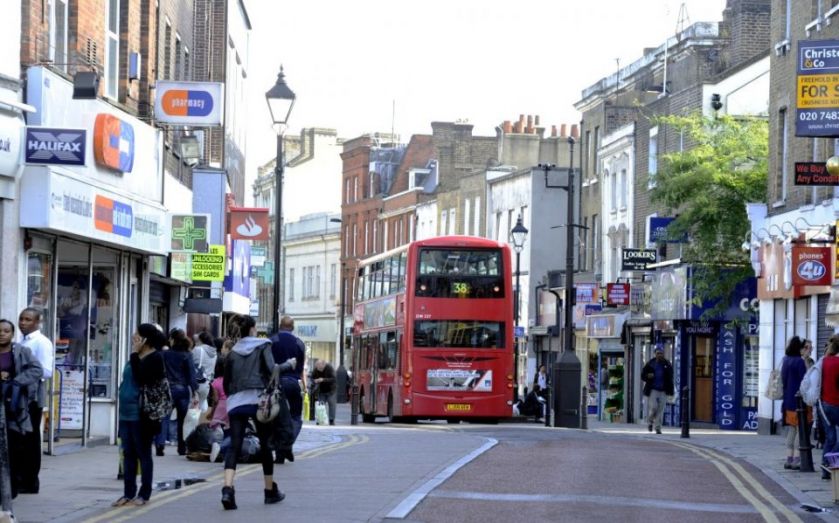Paying lip service to CSR won’t help companies recover lost public trust

How companies play a part in society and are viewed by the communities they serve remains a crucial challenge for business leaders. Since the financial crisis, confidence that businesses will “do the right thing” has never been lower. Restoring that credibility should be high on the agenda for every leader today.
Often, businesses will point to their corporate responsibility programmes as evidence of how they are trying to win back some of that lost trust. Yet many simply pay lip service or dip into whatever topical cause or issue is flavour of the day. My experience has taught me that the best programmes align and focus activity with issues that really matter to the business. This ensures a real fit and is also more likely to engage staff.
At KPMG, our purpose is to Inspire Confidence and Empower Change, and this is core to our approach. One of the key issues for us is social mobility, specifically preparing young people for the world of work and giving them fair access to the profession. As well as benefitting society, more social mobility means we have a larger pool of literate and numerate young people to recruit from. Recruiting from disadvantaged backgrounds also enables businesses to better understand the communities they are working in and the clients they are targeting, as well as the issues they face.
A prime example of this approach is the work we do with The City Academy, Hackney. Five years ago, this inner London academy was built on the site of a failing school. Its first set of GCSE results, however, ranked the school as the best mixed comprehensive in the country for pupil progress. Approximately 10 per cent of our staff in London have volunteered at the academy over the past year, working with students as academic advisers or professional mentors. As well as allowing our staff to develop new skills, this has also led to a better understanding of why we support such projects. As joint sponsor, KPMG supports the governance of the school, and we have even invested in laptops and calculators for the local feeder primary schools.
How you deploy your people is crucial. As one of the biggest professional services firms in the country, we have a large pool of talented staff who are keen to volunteer. Indeed, our staff are encouraged to offer their services as volunteers for a minimum of six days per year during work time. We have made a conscious move towards skilled volunteering, ensuring that we maximise our impact. We think it makes sense that our people use their skills when volunteering, so we are strong advocates of pro bono work. Last year, we doubled our investment in pro bono by providing more than 6,300 hours, on top of the 47,900 volunteering hours we contributed.
Our clients also benefit from this approach to responsible business, as many of them want to work with likeminded companies, and we are able to build stronger relationships through collaborative volunteering. Such programmes may only be a small step in trying to rebuild trust. But if they are targeted and relevant, they can have fantastic outcomes, as the results at The City Academy, Hackney have proved.